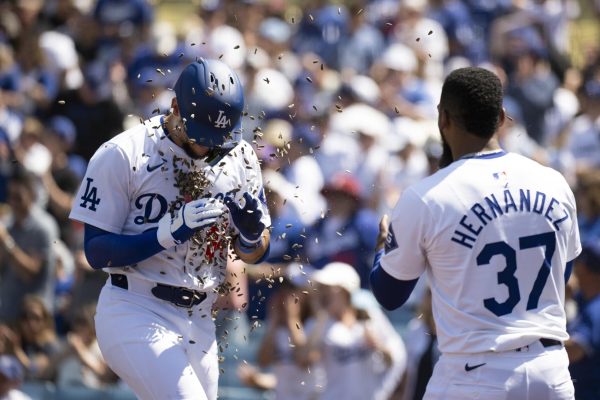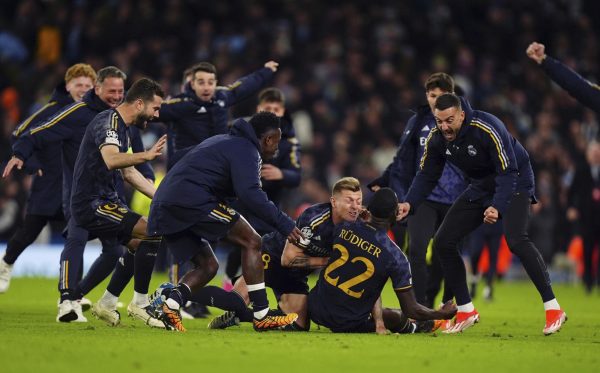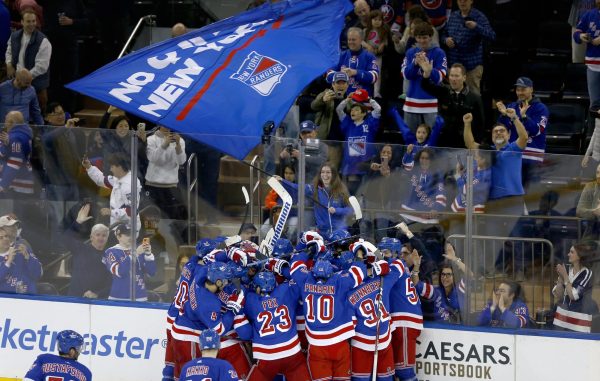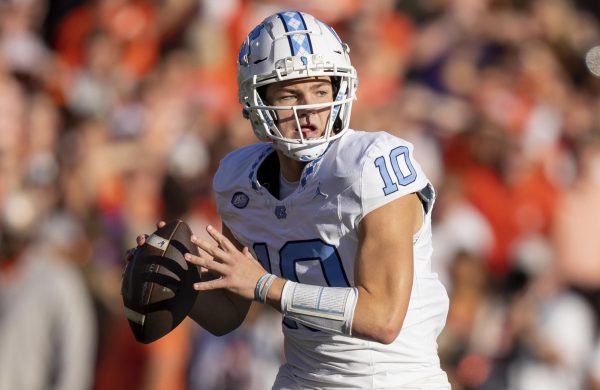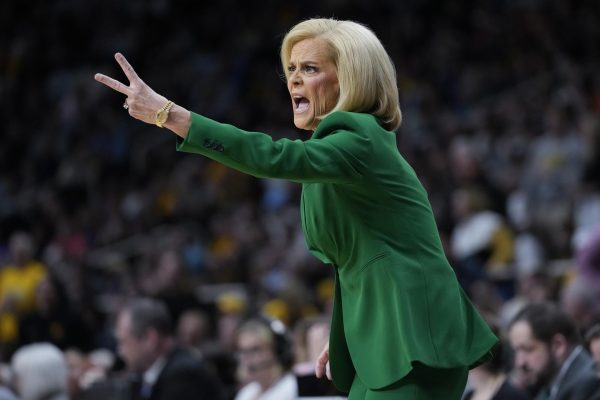The Return of Greg Hardy
It’s no secret that the NFL has developed an image problem across the last five or so years. Between drug arrests, domestic violence and the infamous Deflategate scandal, fans of football are getting sick and tired of hearing about what is wrong with the NFL. However, this is not to say that the league hasn’t at least tried to put an end to the off-field issues. In August of 2014, Commissioner Roger Goodell adjusted the personal conduct policy in order to punish players more harshly for incidents of domestic violence.
While the adjustment of league policy is a nice gesture, it has already been proven to be ineffective; case in point – Greg Hardy. Drafted by the Carolina Panthers in the sixth round of the 2010 NFL draft out of Ole Miss, Hardy has proven to be an exceptional talent through his time in the league. Hardy’s best year came in 2013 when he broke the Carolina Panthers season sack record with 15, made the Pro Bowl and was named second-team All Pro. However, in 2014, Hardy was arrested for domestic assault and the accusations were terrifying. A judge found him guilty of physically abusing his girlfriend, throwing her on a couch covered with loaded assault weapons and communicating threats of death.
Unsurprisingly, Hardy was not going to accept a jail sentence and appealed the ruling in favor of a jury trial. However, when the day of the trial came, the victim failed to appear in court meaning all charges were dropped. The popularbelief is that Hardy bought off his victim. While Hardy had won his case with the legal system, he was not immune to punishment from the NFL. Early on in the 2014 season, Hardy was placed on the league exempt list that prohibited him from playing, but allowed the Panthers to pay him.
The real controversy came during the 2015 off-season, when Hardy became a free agent. In April, Goodell suspended Hardy for 10 games in the 2015 season. Some agreed that the 10 game suspension was appropriate because of the games Hardy had missed in 2014, while others thought that Hardy should be banned from football altogether due to the severity of his actions. The real public outrage occurred when Hardy appealed his suspension and an independent arbiter reduced his suspension to only four games.
During Hardy’s suspension appeal, he managed to get signed by the Dallas Cowboys on a one year contract that would pay him on a games-played basis. The move was seen as controversial by those outside the Cowboys organization. While Hardy’s talent is undeniable and he has already made an impact on the few games he has played in thus far, allowing him to play football is a moral issue. Hardy has yet to apologize for his disgusting behavior, consistently shown insensitivity towards the subject and has had multiple verbal altercations with Cowboys players and staff.
In short, Hardy hasn’t learned a thing. Second chances are meant for those who are willing to correct what they have done wrong in the past. Hardy does not belong in the NFL, he does not deserve to be paid millions of dollars and he certainly shouldn’t garner the media’s attention. If the NFL truly wants to be seen as a socially conscious business, more change needs to happen in the future; these issues are not going to simply disappear, and mistakes will not be easily forgotten in the public.


